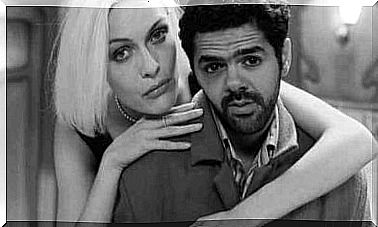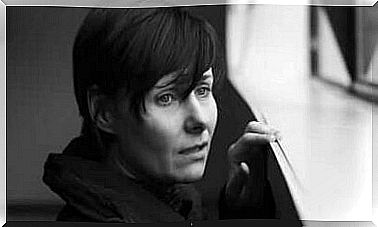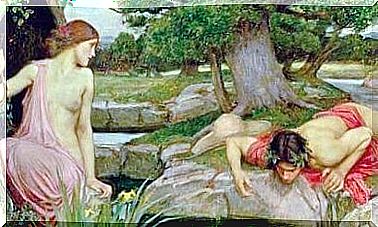Jules Verne: The Extraordinary Journey That Was His Life
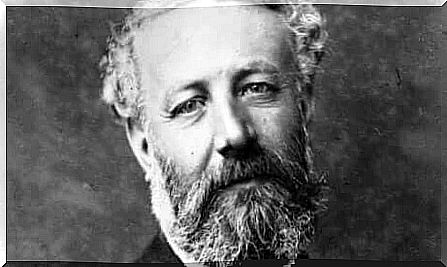
Most people have heard of Jules Verne. Sinking into his incredible adventures is fascinating to say the least. It is also amazing how a man from the 19th century could predict future discoveries and inventions. In his texts, Jules Verne succeeded in successfully combining engineering, science and literature. He really was a man before his time.
When submarines were nothing but fantasy and electric motors did not exist, he created the Nautilus – a perfectly detailed and developed submarine.
The French author wrote down all the details of his inventions in his books. He gave countless details and explained how each machine worked. He even included scientific and technological advances from his day.
Verne used science in his books and reinvented fictional travel stories. He is a key figure in literature, but also a revolutionary in the scientific world.
Jules Verne: the first years
Jules Gabriel Verne was born into a middle-class family in the French city of Nantes in 1828. He had a relatively peaceful and comfortable childhood. His father was a successful lawyer and Verna was able to travel from an early age.
A legend says that Verne as a young boy tried to escape to become a ship’s boy on a ship to India. There is no evidence that this actually happened, but many believe it to be true. They say he did not succeed because his father found him just in time, and Jules had to promise that he would only travel in the imagination.
He really accepted this promise, and generations of readers have enjoyed the results.
In 1848, in the middle of the revolution, Jules moved to Paris to study law. His father paid for his studies, but he had a fairly strict budget. He was always convinced that it was more important to nourish the spirit than the body. That is why he spent most of his money on books and often lived on only milk and bread.
As a result, he never enjoyed good health. Despite his monetary problems, the young Jules was quite happy during these years. He met Alexander Dumas in a book circle in Paris, and the two built a strong friendship. Writers such as Dumas and Victor Hugo would leave a strong mark on Verne’s literary career.
Family life for Jules Verne
In 1850, Jules received his law degree. But against his father’s wishes, he decided to focus on literature. In 1856 he met Honorine de Viane Morel, whom he married in 1857.
Despite their strained marriage, Jules’ father gave him 50,000 francs for the wedding. Jules and his wife established themselves in Paris, and Jules got a job as a stockbroker. He was not very successful, which made it clear that he was meant for something else.
The now famous author could not find emotional stability in his marriage. He was constantly annoyed with his wife and began to flee the house as often as he could to go on random trips. In 1861 his only son was born, and Michael Verne was described as a difficult child. Jules put himself in a reform school and later in a mental hospital, which more or less ruined their relationship.
When he was 58 years old, Jules was shot in the leg by his nephew Gaston. He survived, but the incident caused him to start limping. The details of what happened that day are murky, and although they seemed to agree afterwards, Gaston was admitted to a mental hospital.
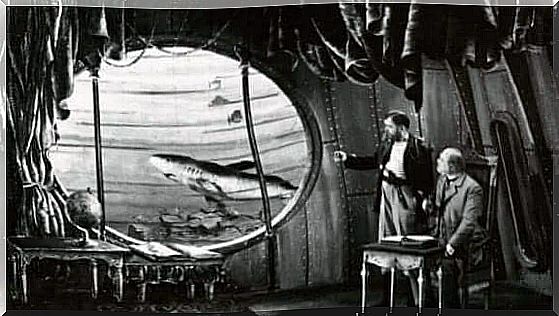
A life of extraordinary travels
Jules Verne’s first literary period began in 1862 and ended in 1886. In September 1862, he met Pierre-Jules Hetzel – the publisher who would publish the first book in the Voyages extraordinaires series: Five Weeks in a Balloon (1863).
In the wake of the book’s incredible success, Hetzel Jules offered a long-term contract. He had to produce more “science fiction” stories. And so it happened when Jules Verne began to make a living from what he did best and became a full-time writer.
Jules and Hetzel’s professional relationship was so fruitful that it lasted for four decades. It is one of the most productive and successful collaborations in world history. During these forty years, Verne wrote all the stories that make up the Voyages extraordinaires series .
He reinvented fictional travel and made major contributions to other genres, such as adventure and science fiction. The Voyages extraordinaires series was a visionary series of novels. A unique feature of the books was that they were extensively researched and supported by scientific and geographical data.
Among the 54 novels in the Voyages extraordinaires series, we can find To the Center of the Earth, From Earth to the Moon, A World Tour Under the Sea, Around the World in 80 Days and The Mysterious Island.
By 1886, Jules Verne had earned a small fortune and was famous all over the world. He bought several yachts and sailed to various European countries. He also participated in creating theatrical adaptations of several of his novels.
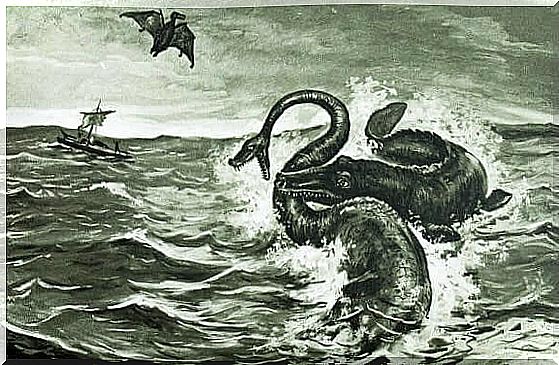
The fall and work of Jules Verne after death
During his second literary phase, which lasted from 1886 until his death in 1905, his writing changed considerably. He began to distance himself from his classical style, and the stories were no longer full of scientific progress, adventure and exploration.
Jules began to focus on the danger of arrogant scientists advocating new technology. He adopted a much more pessimistic tone and warned of the consequences of scientific progress.
Some notable works from this period are Barbicane & Co., Propeller Island, The Outer Weapon and The Lord of the World. This change in tone coincided with the setbacks in his private life. Jules was deeply affected by the passing of his mother and Hetzel.
When Jules Verna passed away, he left behind a large number of unedited manuscripts. His post-mortem novels were published between 1905 and 1919. They were heavily edited by his son Michel. Among them are The Golden Volcano, The Thompson Travel Agency, The Danube Pilot and The Survivors of Jonathan.
The problem with these works was that Jule’s style was well known at the time. Critics complained that these novels were excessively contaminated. Michel’s editing had tampered too much with Jule’s signature style, and as a result they were not well received.
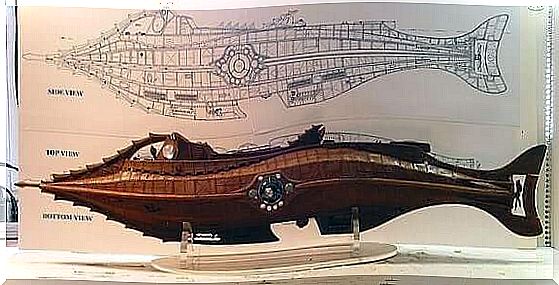
Jules Verne – a literary and scientific visionary
Jules Verne is considered the father of the modern science fiction genre. He has been awarded the Legion of Honor for his contributions to education and science.
Verne is one of the most translated authors in the world, which is a testament to his popularity. Some of his books have even been adapted for theater and film.
Jules Verne left his mark on literature, theater, film and even science and technology. Generations of researchers, inventors and explorers have referred to his books as sources of inspiration. These amazing stories and their fascinating authors will continue to remind us that, “Everything a human being can imagine, another human being can make a reality.”






